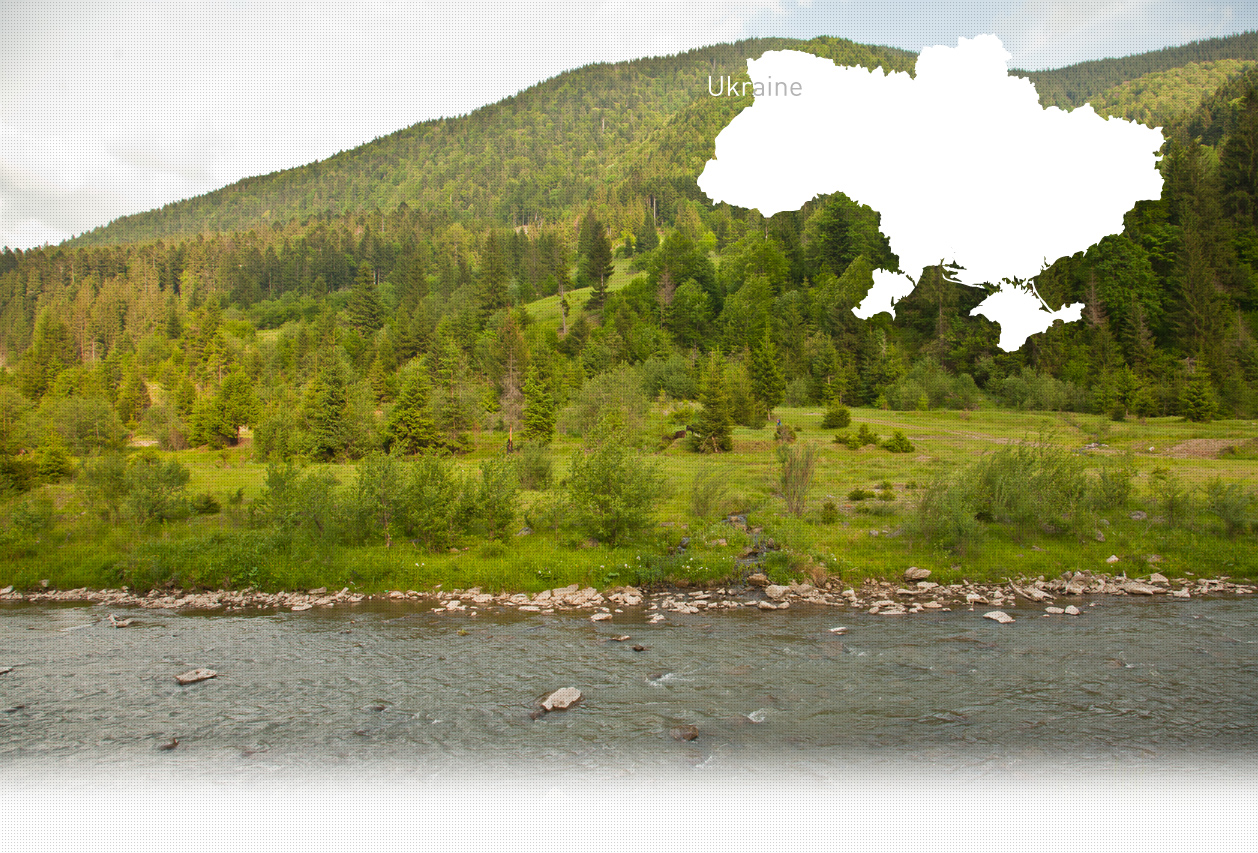

2 Killing site(s)
Andrey B., born in 1926, during the occupation lived in Ivaniv, was requisitioned to select the Jewish clothing : “Two or three weeks after the shooting, I was requisitioned to make the selection of the Jewish clothing which had been taken from the victims at the moment of the shooting. On the site, when the Jews approached to the pit in groups of ten, they disrobed and threw their clothing in a pile. So, I was forced to come to the orphanage where the clothing had been stocked. I had to search the clothes for the valuables and gold in the presence of several policemen and a German kommandant. If I found any valuables I had to put them in the helmet of this German officer. After, I was told to dismantle old Jewish houses. The wooden planks were used to heat the orphanage.” (Testimony n° 171, interviewed in Basarabeasca, Moldova, on November 16, 2014)
The mass execution was conducted on May 30, 1942. During the night about 100 Gestapo soldiers arrived from Kalinovka [today Kalynivka] and sealed off the area where the Jews lived, and at dawn, they started to round-up the Jews from their homes and take them to the stable which belonged to the Jewish kolkhoz named after Kaganovich. All the Jews, including men, women, children and elder people were confined there. The requisitioned carts transported the ill and weak people not able to walk. The men who had shovels were requisitioned among the Ukrainians in order to dig and to cover the pit. Once the pit was dug, the German perpetrators, some were horseback, others by car or on foot escorted the Jews from the stable to the execution site. The shooting was carried out at 2pm. On this day, the German occupants murdered about 800 people. (…) Three or four days later, the Gestapo soldiers arrived again to Yanov and shot 100 more in the same mass grave.(…)” [Deposition of a local villager to the State extraordinary commission ; RG.22-002M : Fond 7021, opis 54, delo 1274]
Ivaniv, formerly Yaniv, is a village located 30km northeast from Vinnytsia. According to the local witnesses, the majority of Jews were merchants or worked in agriculture. They worked in a Jewish kolkhoz, named after Kaganovich. In all, there were three kolkhozes, one of which was Jewish. There was a Jewish cemetery and school, where the Jewish children were mixed with non-Jews. On the eve of the war, there were about 1,000 Jews. The village was occupied by German army on July 22, 1941.
From the beginning of the occupation untill late October, 1941, the village under the military administration rule and after it was transferred to civil administration. Immediately, after the German occupation all Jews were marked with yellow Stars of David on the armbands and subjected to perform forced labor. They were also looted and subjected to different kinds of abuse and humiliation. According to the Encyclopedia of Jewish life, a ghetto was created in March 1942, however none of the local witnesses confirmed this information. The Jewish community of Ivaniv was exterminated in the course of two aktions which were conducted at the end of May and beginning of June, 1942 by the Getsapo soldiers, Gendarmeria and local police. The first execution was conducted on May 30, 1942, when 800 Jews were first confined in the kolkhoz stable or mill, according to some witnesses, and then, taken to the pits located close to the railroads. A couple of days after, 100 Jews were shot at the same place. The remaining 100 Jews were shot at the early June 1942 by the Germans. According to the witnesses, the corps were arranged in the pit, facing the ground. They were policemen who arranged the corpses after each group. The Jews were forced to undress before being shot. According to one of the witnesses, when she was brought with other requisitioned people to fill in the pit, there was a table with alcohol which could mean that the shooters were drunk while conducting the shootings.
Do you have additional information regarding a village that you would like to share with Yahad ?
Please contact us at contact@yahadinunum.org
or by calling Yahad – In Unum at +33 (0) 1 53 20 13 17